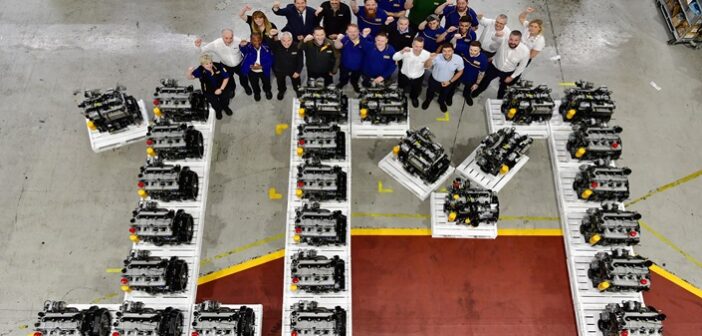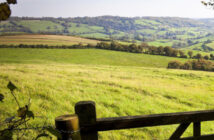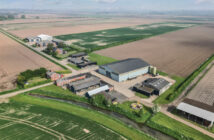JCB has marked a major manufacturing milestone with the production of its one millionth engine.
Production started in 2004 at JCB Power Systems in Foston, Derbyshire, and expanded to JCB India in 2010 with the opening of a dedicated plant in Ballabgarh, Delhi. From three engines a day 20 years ago, JCB now produces around 500 a day, becoming a world leader in the design, development and manufacture of diesel engines and is now pioneering development of hydrogen combustion engines.
JCB Chairman Anthony Bamford paid tribute to the JCB teams: “To have made one million engines in 20 years is quite some achievement. This really is a significant moment for our teams around the world.
“JCB machines work in dirt and hot and cold climates, and from the moment they go to a customer, they are working hard and doing a full day’s shift. The engine really is the beating heart of that reputation for reliability.
“It was a major decision at the time to make our own engines and it has paid off.
JCB Power Systems’ engines have been instrumental in helping set world records – firstly when the JCB Dieselmax streamliner, powered by two JCB engines, became the fastest diesel-powered car in the world in 2006 when it reached a speed of 350.092mph on the Bonneville Salt Flats, USA – a record that still stands. In 2019, JCB’s Fastrac tractor stormed into the record books as the world’s fastest tractor with a speed of 135.191 mph – thanks to JCB’s 7.2 litre, 6-cylinder Dieselmax engine.
A team of more than 150 engineers is currently engaged in developing hi-tech hydrogen combustion engines for use in JCB machinery as part of a £100 million investment. More than 120 engines have come off the production line so far and many machines powered by these super-efficient engines are currently undergoing evaluation.




